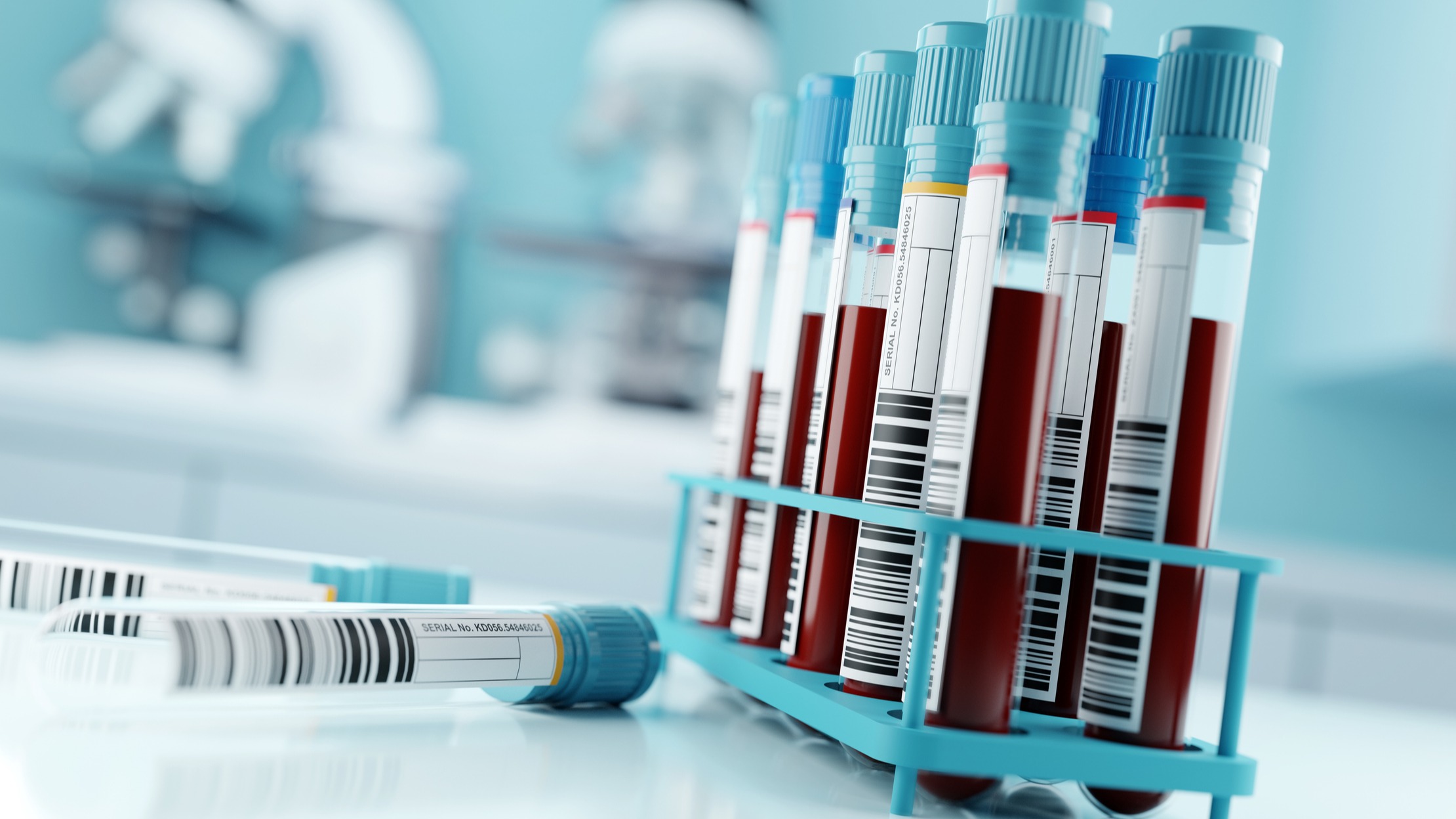
Several new blood tests on the market may bring a positive new outlook in the future of cancer detection. One of the new tests, Galleri, is a "multi-cancer early detection test that looks for a signal shared by 50+ types of cancer with a single blood test," according to the website.
As an option to detect cancer before any symptoms arise, Galleri is considered to be extra helpful for spotting the “silent” cancers, like pancreatic and ovarian cancer, which often don’t cause symptoms until advanced and at a difficult level to treat.
“It opens up a whole new world,” Eric Klein, a scientist at the health care company Grail that developed Galleri, said. “It’s the unmet need we face in cancer.”
Around 20 tests are currently in various stages of development. The way they work is by measuring cancer signals, biological substances that are shed by cancers such as fragments of tumor DNA. Some of the tests even have the ability to identify the organ or tissue involved.
More from LittleThings: 14 Commonly Ignored Cancer Symptoms Both Men And Women Should Never Overlook
“There are certain cancers where we know for sure that finding them early will save a lot of lives, and lung cancer is the biggest cancer problem we have today,” said Peter Bach, the chief medical officer of Delfi, which has a lung cancer test called FirstLook. According to him, the test is able to identify patterns of DNA fragments in the blood that have been shed by dying cells unique to lung cancer and uses machine learning to distinguish people who likely have lung cancer from those who don’t.
There are a handful of tests used for different purposes. Some focus on one cancer, like Guardant Health’s Shield test, which looks for colorectal cancer. Others screen for multiple cancers, including Grail’s Galleri and Exact Sciences’ Cancerguard, whose CancerSeek was developed and studied by researchers at the Johns Hopkins Sidney Kimmel Cancer Center.
While the tests don't diagnose cancer, a positive result usually leads to additional imaging tests or biopsies. According to experts, the tests are not yet at a point where they can replace standard screening tests, but are meant to complement them for now.
Experts also warned that while the tests are promising, there's no evidence that they can guarantee longer survival and fewer deaths, or even find a cure. “People want to believe there is one test that can pick up all the different kinds of cancers, and if it’s negative, they can go on their way,” Lori Minasian, deputy director of the National Cancer Institute’s division of cancer prevention, said. “But it’s not that simple.”
"Problem is not detecting cancer, its curing it even when detected early!" one person wrote in the comments. "Current treatment for cancer sucks!"
"It isn't foolproof and has a high price tag of 950 us dollars," another person noted of the test. "Also gives false negatives and false positives. It's a good starting point but not all cancers are detected by blood tests. For instance I had a thyroid scan and blood work. My blood work detected nothing however the ultrasound detected 3 enlarged suspicious nodules which required a biopsy to [futher] detect if they were benign or not."
The National Cancer Institute recently announced the Cancer Screening Research Network, which is a clinical trials network of nine hubs coordinated by the Fred Hutchinson Cancer Center. The goal of the network is to design and ultimately sponsor a clinical trial to evaluate benefits and risks of the new blood tests and find out if using them reduces deaths, Lori said. “We do see these tests as promising. The challenge now is to better understand the technology and harness it in a way that we know saves lives.”




